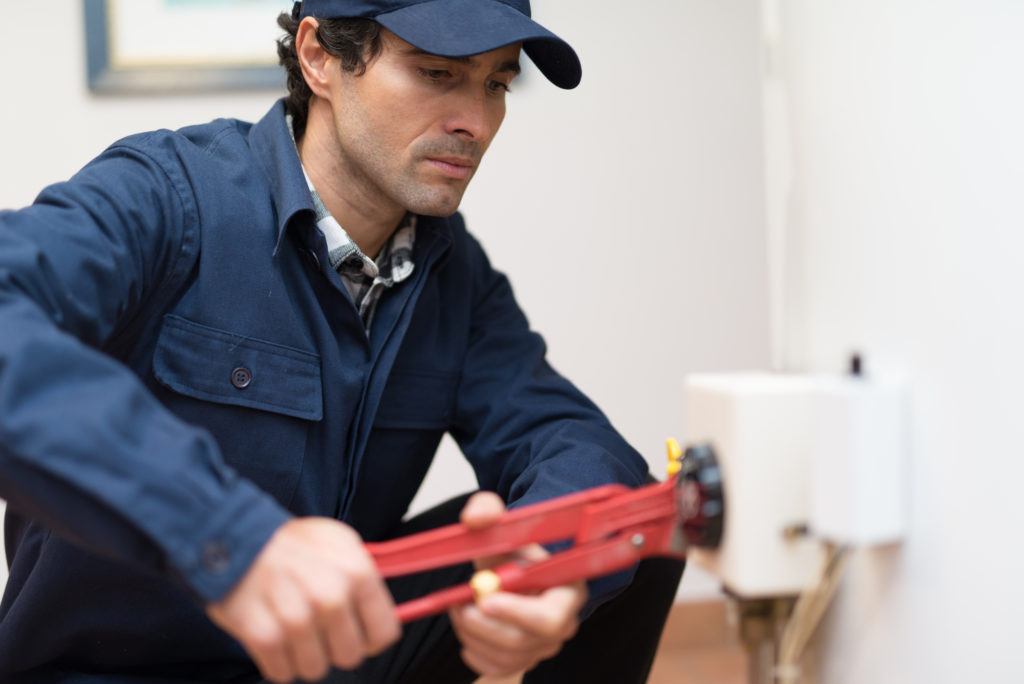On this page in the next paragraph you can discover lots of high-quality news regarding Common Problems with Your Home Water Heater.

Envision starting your day without your regular warm shower. That currently sets a bad tone for the rest of your day.
Every house requires a reliable water heater, however just a few recognize exactly how to handle one. One very easy method to keep your water heater in top shape is to look for mistakes regularly and repair them as quickly as they show up.
Keep in mind to switch off your hot water heater before sniffing around for mistakes. These are the water heater faults you are most likely to run into.
Water too hot or too cool
Every water heater has a thermostat that establishes just how warm the water obtains. If the water coming into your home is too warm despite establishing a practical maximum temperature level, your thermostat could be malfunctioning.
On the other hand, also cold water might result from a fallen short thermostat, a busted circuit, or incorrect gas flow. For instance, if you utilize a gas water heater with a busted pilot burner, you would certainly get cold water, even if the thermostat remains in excellent condition. For electric heating systems, a blown fuse may be the culprit.
Not nearly enough warm water
Water heaters been available in numerous sizes, relying on your hot water needs. If you lack warm water prior to everyone has actually had a bath, your hot water heater is also little for your family size. You need to take into consideration setting up a larger hot water heater tank or opting for a tankless water heater, which takes up much less room and is extra long lasting.
Weird sounds
There go to the very least 5 type of noises you can speak with a water heater, however one of the most common analysis is that it's time for the water heater to retire.
First of all, you ought to be familiar with the normal seems a hot water heater makes. An electric heating system might seem various from a gas-powered one.
Standing out or banging audios usually suggest there is a slab of debris in your tanks, as well as it's time to cleanse it out. On the other hand, whistling or hissing noises may simply be your shutoffs letting some stress off.
Water leaks
Leaks could come from pipelines, water links, shutoffs, or in the worst-case circumstance, the tank itself. In time, water will certainly rust the storage tank, and also discover its way out. If this happens, you need to replace your hot water heater asap.
However, before your modification your entire storage tank, be sure that all pipelines remain in location and that each valve works flawlessly. If you still need help identifying a leak, call your plumber.
Rust-colored water
Rust-colored water means one of your hot water heater elements is worn away. Maybe the anode pole, or the tank itself. Your plumber will be able to determine which it is.
Lukewarm water
No matter just how high you established the thermostat, you won't get any kind of hot water out of a heating unit well past its prime. A water heater's efficiency might minimize with time.
You will also obtain lukewarm water if your pipes have a cross connection. This suggests that when you switch on a faucet, hot water from the heating system flows in together with regular, cold water. A cross link is very easy to spot. If your warm water faucets still pursue closing the hot water heater valves, you have a cross connection.
Discoloured Water
Rust is a major cause of filthy or discoloured water. Corrosion within the water tank or a falling short anode pole could create this discolouration. The anode pole shields the container from rusting on the inside and also must be inspected yearly. Without a pole or an appropriately working anode pole, the warm water rapidly corrodes inside the tank. Contact a specialist water heater technician to establish if changing the anode pole will deal with the problem; otherwise, replace your hot water heater.
Verdict
Ideally, your water heater can last ten years before you require an adjustment. However, after the 10-year mark, you might experience any of these faults more on a regular basis. Now, you need to include a brand-new hot water heater to your budget plan.
How To Troubleshoot 3 Common Water Heater Problems in Twin Cities
The Water Heater Is Leaking
- A leaky cold water inlet valve
- A loose pipe fitting
- A leaky temperature and pressure relief valve
- A corroded anode rod
- A cracked tank
Turn Off Your Water Heater:
- Shut off your gas water heater by turning the gas valve on the unit to the “OFF” position.
- Shut off your electric water by switching its power off at your electrical panel. Look for a two-pole breaker labeled “water heater” and turn it to the “OFF” position. Move the ball valve connected to the water heater to be perpendicular to the piping at a 90° angle.
Look for the Leak:
Depending on whether the water is coming from the tank's top or bottom, you’ll want to look for the leak in different locations.
If the leak comes from the top of the tank, carefully look for water escaping from the cold water inlet valve or loose pipe fittings. Rusted hot and cold water valves can have loose connections with the tank, with water leaking out of them.
https://mspplumbingheatingair.com/blog/how-to-troubleshoot-3-common-water-heater-problems
I am very interested by Water Heater Repair and Troubleshooting and I'm hoping you enjoyed the new blog entry. Sharing is good. One never knows, you may just be helping someone out. I cherish reading our article about Common Problems with Your Home Water Heater.
Trusted by locals for emergencies.
Comments on “Action Plan For Regular Heater Problems”